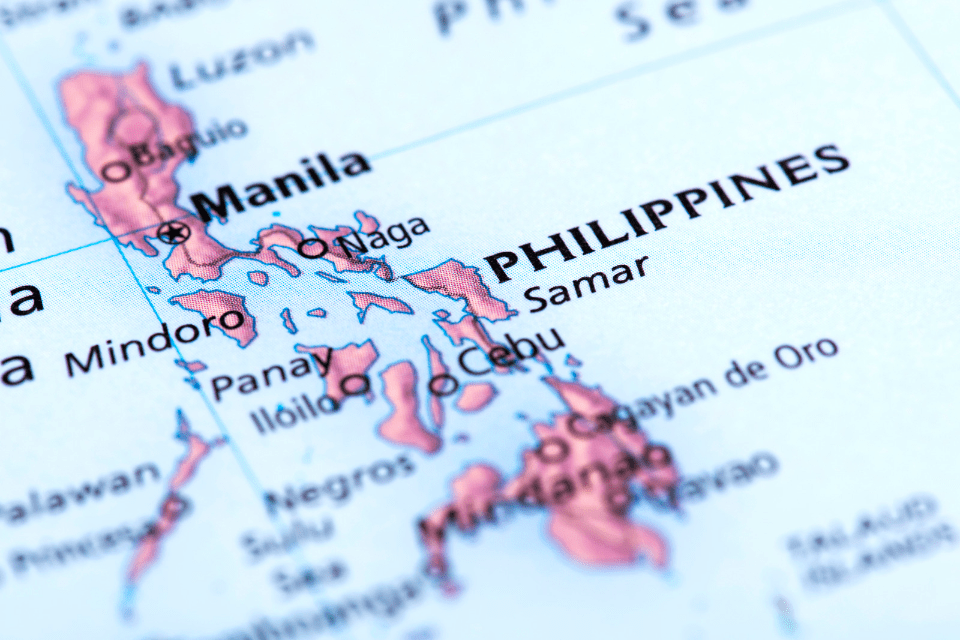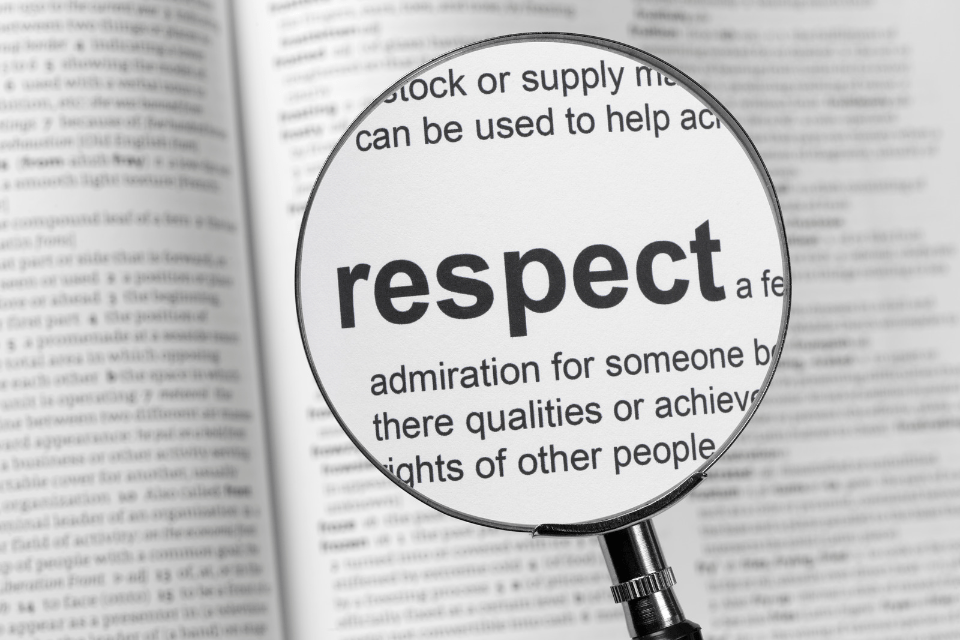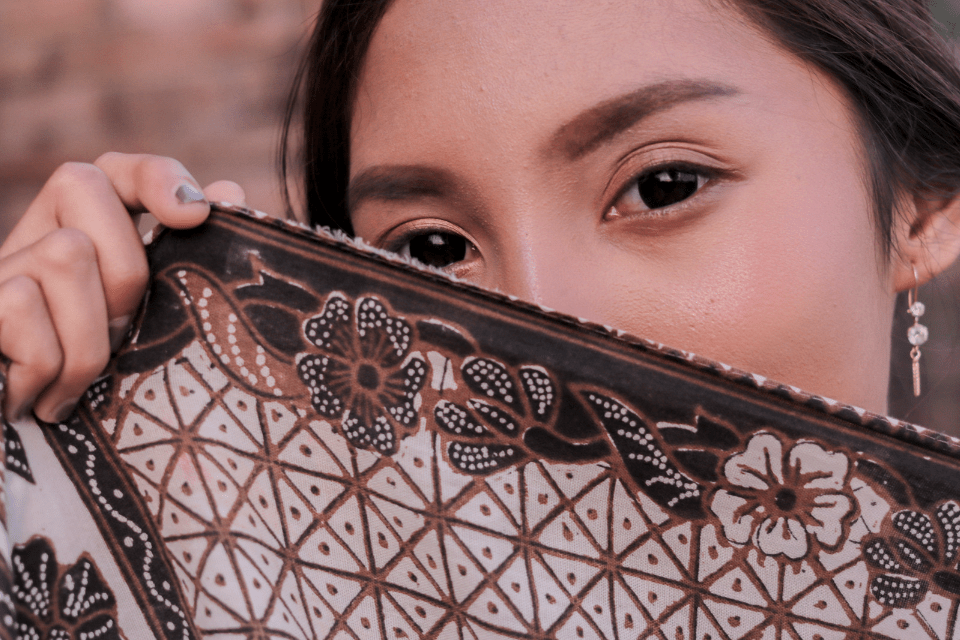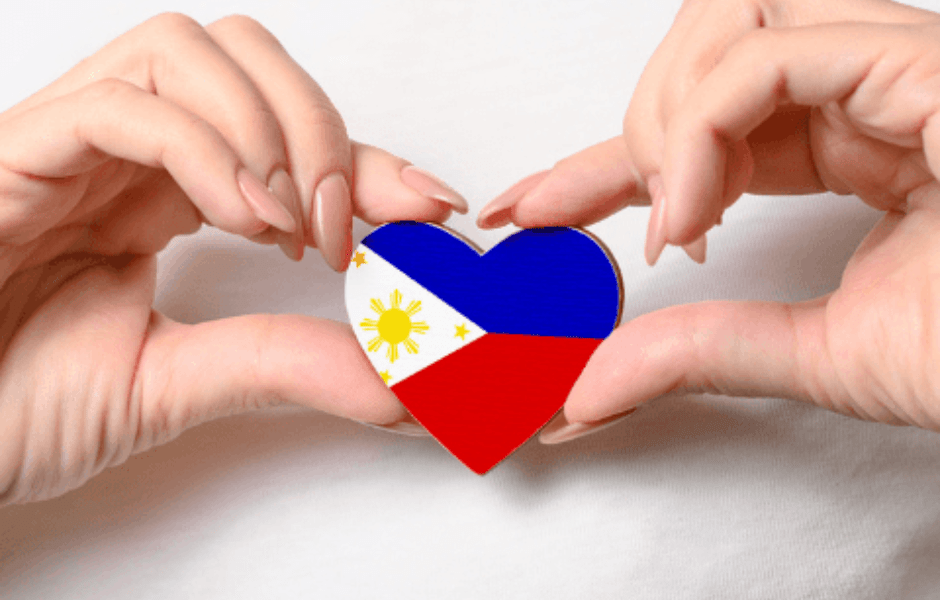Understanding Filipina dating culture can be perplexing for someone who has limited interaction with Filipinos and has never visited the Philippines. Unlocking its mystery is like plunging headlong into the thick Philippine rainforest without a good map – you’ll likely get lost. So, let us help you unlock it.
Take the time and effort to understand the Filipina culture and mindset, and your communication with your online Filipina date will be meaningful. You will probably find it very rewarding personally and earn “pogi points,” too. “Pogi points” is a Filipino term referring to factors other than your looks that make you more attractive to women. Nonmonetary imaginary “points” are awarded for polite, witty, cool, or cheerful behavior to impress a Filipina or her parents.
In this article, we’ll explain how to achieve those “pogi points” by understanding Filipina dating culture. We’ll talk about: knowing why bloodlines matter, the importance of religion, ethnicity, communication, respect, humor, the value of family and community, relationships and marriage, saving face, and gender in Filipino dating culture.

The Importance of Bloodlines for Filipina Women
Filipinos, like many cultures, have a strong sense of family and community. Knowing one’s bloodline can provide a sense of connection and belonging to their family history and cultural heritage. Additionally, many Filipinos place importance on family and ancestry in terms of social and cultural identity.
Every Filipino carry traces of several other races, including Chinese, Malay, and Spanish. Additionally, the Americans had a significant impact because the Philippines was an American colony for 48 years, and of the Spaniards for 333 years. It was also occupied by the Japanese during WWII for almost four years. The unique characteristics of the Filipino people are a result of this opposing fusion of civilizations.
Ask your online date their surname, and get clued into a Filipino’s fixation with their bloodline. Filipinos have an unnaturally strong interest in whether famous people in other countries have Filipino blood and vice versa. When Filipinos see other Filipinos with outstanding achievements or wins, they attribute it to Filipino blood, one of the key rationales behind “Pinoy Pride.”
To gain “pogi points” with your Filipina online date, refrain from bashing and criticizing world-famous Filipinos and Filipino-Americans. It would also be an enormous blunder to say anything that could offend them or the nation. Your Filipina online date could misconstrue the tiniest criticism because they fiercely protect their country and people.

Religion’s Significance to a Filipina
The Philippines stands out among its neighbors in South East Asia because most of its citizens (92.5%) identify as Christians. To be more precise, 82.9% of people identify as Catholics, 2.8% as Evangelical Christians, 2.3% as Iglesia ni Kristo, and 4.5% as members of other Christian denominations. 5.0% of the remaining population identify as Muslims, 1.8% as followers of another religion, 0.6% as unidentified, and 0.1% as having no religious affiliation. Catholicism has significantly influenced societal and political issues despite the official separation of the Catholic Church and the state in the 1990s.
Here’s how to earn “pogi points:”
A Filipina takes her faith seriously. With the church typically serving as the center of any neighborhood, it’s common for people to have their family and friends attend the same church. Therefore, it is essential to consider this when dating a Filipina online, and it would probably be best to reserve the atheism or agnosticism talks for later.

Why Ethnicity Matters When Dating a Filipina
The Philippines has 134 ethnic groups, each with its distinct dialect. This synthesis of many ethnic and linguistic groupings led to the emergence of the Philippine national identity. Filipinos are divided by 7,641 islands, so eleven languages and eighty-seven dialects are spoken in the Philippines. Speakers of regional languages continue to use that language at home. They use Filipino in ordinary conversation in urban areas and English for commerce, government, and international relations. Filipino and English continue to be the languages of education.
Be mindful of this ethnic diversity and know from what part of the Philippines your online date resides. Even though English is taught in all schools and is the preferred form of communication for people with mixed dialects, part of understanding Filipino dating culture and earning “pogi points” is to learn a few words and phrases of the dialect she speaks—Bikol, Cebuano, Hiligaynon (Ilonggo), Ilocano, Kapampangan, Pangasinan, Tagalog, and Waray—they speak.

How to Communicate with Filipinas
Since Filipinos typically speak English at a reasonable level, conversing with them is relatively easy. They are friendly and outgoing and would feel at ease starting a conversation with strangers.
They enjoy discussing their family, regional cuisine, and all things American (movies, sports, etc.). Filipinos are passionate conversationalists who have no qualms about getting personal and inquiring about your age, marital status, and other things. However, because this is a big no-no in Filipino culture, they are hesitant to talk about politics, terrorism, or anything else that can make them uncomfortable.
So, to earn “pogi points,” be pleasant but avoid being arrogant, coming off too strong, or intrusive. Avoid and evade “in your face” confrontations. Remember that Filipinos will do everything they can to avoid saying “no” directly for fear of offending someone. The Filipino approach of saying no can take the shape of expressions like “We’ll see,” “I’m not sure,” or “I’ll try to make it, but…,” which may be difficult for a foreigner, especially when dating Filipinos.

The Significance of Respect to a Filipina
Even though most Filipinos believe in equal treatment for everybody, social inequities persist throughout the nation. Filipinos are always kind to their “kababayan” or fellow citizens (countrymen). Everyone must behave with humility, courtesy, and respect, regardless of their status in life.
It is common for Filipinos to call their superiors or seniors Sir or Ma’am, which is a distinctive aspect of Filipino culture. Additionally, you may hear them occasionally utilize the words “ho” or “po” in their speech as a sign of respect (for example, “Thank you ho/po“).
Avoiding using someone’s first name when they are older is another sign that respect is essential in the Philippines. Depending on the age difference, use a more polite term to address an older person. There is a tita (aunt), a tito (uncle), an ate (older sister), a kuya (older brother), a lola (grandmother), and a lolo (grandfather). These terms are used based on how much older the individual is than you, without consideration of biological relations. If a total stranger were to drive your cab or sell you something in a store, their standard titles would be ate and kuya.
Filipinos take great pleasure in their titles and accomplishments, whether academic or not. In written communications, you’ll frequently see their titles before their names (e.g., Dr. for a doctor, Atty. for a lawyer). These titles are commonly used to address them in casual conversation.
Remember these to understand Filipino dating and achieve more “pogi points” with your Filipina date:
- Don’t disrespect your elders,
- Don’t use first names to address someone older,
- Use polite Filipino terms in addressing more senior people, and
- Avoid confrontation and coming off too strong.

A Filipina’s Sense of Humor’s Compatibility to Yours
Most Filipinos are joyful and fun-loving individuals, but their sense of humor might only sometimes be compatible with yours, though. Filipinos typically prefer slapstick, situational, silly comedy instead of dry humor. For example, if you meet a Filipina online and she imitates your accent, and you hear them laugh, it’s not mockery; it’s just a good-natured jest meant to show delight at something unrelated. Some people might find it irritating, but keep in mind that it’s rarely, if ever, done out of spite.
Since you’re trying to earn “pogi points” and understand Filipino dating culture and mostly communicating through Blossoms Dating, check out this article from John Miele, who lives in Manila and has traveled the Philippines extensively about “Sense of Humor.”

The Value a Filipina Attaches to Family and Community
Filipinos are gregarious individuals who adore festivities and have a lifelong fascination with singing and dancing. Filipino culture places a significant emphasis on the family and has given them a carefree attitude. They may not be as wealthy in absolute terms as many western countries, but they are richer in many other ways thanks to their tight-knit social and family networks.
Filipinos are kind and eager to share their possessions, especially food! “Family meals,” frequently shared by coworkers, are typical at most restaurants. Strangely, if you eat among Filipinos, you’ll probably find that no one wants to finish the final bite on the plate!
Filipinos lead somewhat regulated lives and lack the assertiveness and independence of Westerners, partially due to how strong family ties influence them. Filipino children are likely to be heavily affected, led, and guided by their parents.
“Utang na loob,” or the attitude of thankfulness, is another typical Filipino characteristic. A Filipino will naturally return the favor when you do something for them first. Keep this in mind when dating Filipino women since if you appreciate and treat them properly, they will likely thank you for a long time. Think of the exciting ways that thank you might be.

A Filipina’s View on Relationships and Marriage
Filipinos frequently wait until they are ready to get married before leaving home. The protracted courting encouraged by traditional Filipino relationships and marriage values allows you to get to know your Filipina date before making the lifelong commitment to remain together. If you marry a Filipina, you are confident that you have used all available resources to get to know them inside and out because there is unquestionably no going back after you get married.
Keep this in mind: there is no such thing as a divorce in the Philippines.

How a Filipina Displays Emotion and Saves Face
Filipinos sometimes take things too seriously. Although public demonstrations of affection are common and acceptable, it is not good to be impolite or violent, and most Westerners’ straightforward communication style can occasionally come across as unpleasant.
Filipinos do not enjoy confrontation, so finding a private solution is advisable. The idea of saving face is fundamental to Filipinos, just like it is to the rest of Asia. It is crucial to avoid criticizing or reprimanding Filipinos in front of their “kababayans.” Generally speaking, Filipinos are incredibly patient and tolerant, but if you push them too far, you risk becoming a lifelong enemy.
However, it is worthwhile to compliment Filipinos publicly because doing so elevates their social status and is likely to inspire them to carry out more good deeds in the future. Filipinos love the limelight, which is also vital to understanding Filipino dating. To accumulate “pogi points,” keep the natural compliments coming.

The Meaning of Gender to a Filipina
The meaning of gender holds significant importance to Filipinas in both their personal and professional lives. Filipino dating culture is unique and influenced by various factors, such as religion, societal expectations, and family values. It is seen as a serious commitment and a means to find a long-term partner or spouse.
In the traditional Filipino gender roles, men are expected to take the lead in pursuing women and in the relationship. On the other hand, women are expected to be nurturing, caring, and domestic. However, modern Filipinas are breaking away from these expectations and pursuing careers and higher education.
Despite the shift towards more progressive gender roles, Filipinas still value relationships and family. They often prioritize their loved ones over their own needs, and in romantic relationships, they expect loyalty, respect, and care from their partners. They also appreciate romantic gestures and displays of affection.
To understand Filipino dating culture and the meaning of gender to a Filipina, one must have an appreciation for the country’s history, values, and traditions. While traditional gender roles still hold sway in many areas, modern Filipinas are breaking away from these expectations and forging their own paths in life and relationships.
We hope that by understanding Filipino dating culture and mindset, we have given you the edge in impressing your Filipina date. Go out and keep winning those “pogi points!”
Happy Dating!



